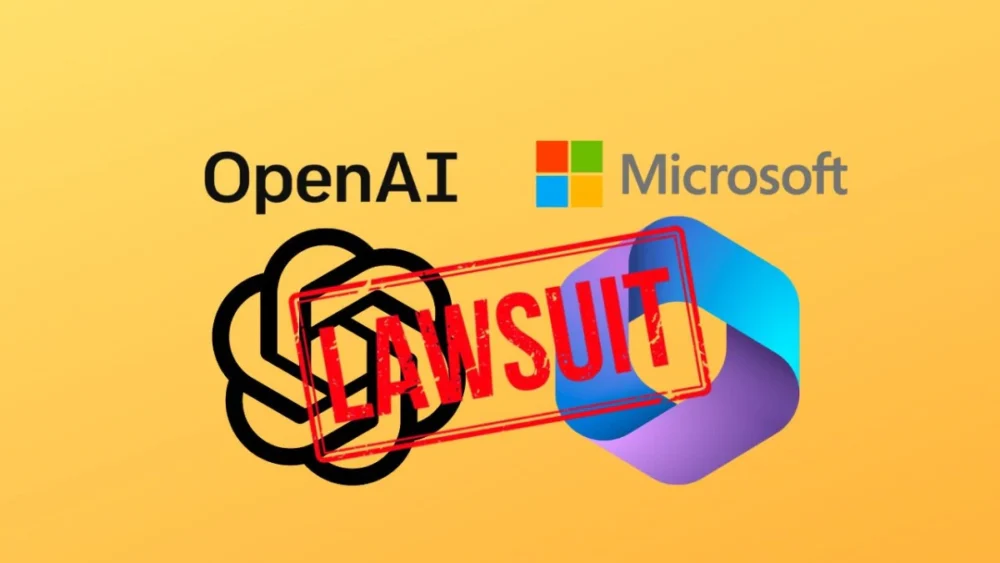OpenAI is getting in trouble over copyright infringement yet again, but this time, The New York Times is taking the AI startup to court alongside its biggest investor, Microsoft. The American media giant alleges that OpenAI has used a vast amount of Times’ work to train its AI models.
While OpenAI has been sued over similar matters time and time again, this is the first time the ChatGPT maker is being targeted by a major media organization. The New York Times is currently one of the largest news publishers around the world with a net worth of $7.54 billion as of December 2023.
The lawsuit was filed on Wednesday at the Federal District Court in Manhattan. It claims that OpenAI used millions of Times’ news articles to train its GPT model, which now competes against The NY Times by providing reliable information.
The publisher is not demanding any monetary compensation, but urges that OpenAI should be held accountable for “billions of dollars in statutory and actual damages” related to the “unlawful copying and use of The Times’s uniquely valuable works.” But more alarming for OpenAI would be The Times’ demand to destroy any AI models that have been trained with this material.
The lawsuit further details that the American media outlet had contacted OpenAI and its partner Microsoft in April this year in order to reach a mutual agreement over the use of intellectual property and the necessary “technological guardrails” around generative A.I. products. Regrettably, as stated in the complaint, these talks did not yield a mutually agreeable resolution.
OpenAI has publicly responded to the lawsuit, expressing dismay over the legal action. Company spokeswoman Lindsey Held said that OpenAI is “surprised and disappointed” by the litigation as talks between the AI startup and The Times had been “moving forward constructively.”
Held said: “We respect the rights of content creators and owners and are committed to working with them to ensure they benefit from A.I. technology and new revenue models. We’re hopeful that we will find a mutually beneficial way to work together, as we are doing with many other publishers.”
Microsoft has declined a request to comment from The New York Times.






